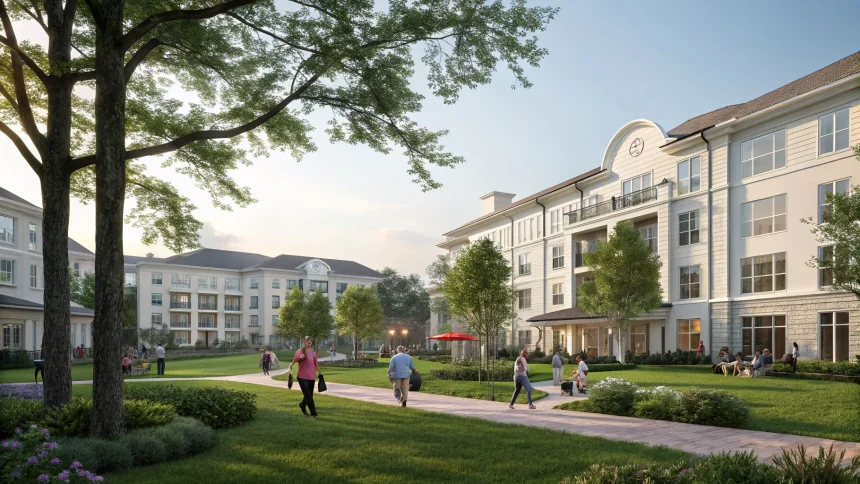The Chicopee Housing Authority has reached a settlement with the U.S. government following allegations of systematic discrimination against racial minorities and individuals with disabilities. The two parties recently entered into a consent decree, marking the resolution of a lawsuit filed in 2021.
The federal government had accused the Massachusetts-based housing authority of maintaining discriminatory practices that violated fair housing laws. According to the lawsuit, these practices created barriers for vulnerable populations seeking affordable housing in the Chicopee area.
Pattern of Alleged Discrimination
The 2021 lawsuit claimed the housing authority engaged in a consistent pattern of discrimination that targeted both racial minorities and people with disabilities. Federal prosecutors presented evidence suggesting these weren’t isolated incidents but rather reflected systemic issues within the organization’s policies and operations.
The legal action highlighted how housing discrimination continues to affect marginalized communities across the United States, despite decades of fair housing legislation. The case against Chicopee Housing Authority represented one of several similar actions taken by federal authorities in recent years to address housing inequality.
Terms of the Settlement
While specific details of the consent decree haven’t been fully disclosed, such agreements typically require housing authorities to implement significant policy changes, provide staff training on fair housing laws, and establish monitoring systems to prevent future discrimination.
The settlement likely includes:
- Financial compensation for affected individuals
- Mandatory fair housing training for all staff
- Revised application and selection procedures
- Independent monitoring of compliance
Housing authorities that enter consent decrees with the federal government often must report regularly on their progress toward meeting the terms of the agreement, sometimes for several years following the settlement.
Broader Impact on Public Housing
This case reflects ongoing challenges in public housing administration nationwide. Housing authorities must balance limited resources with the need to provide fair access to all eligible applicants, regardless of race or disability status.
Fair housing advocates view such settlements as important steps toward addressing systemic discrimination in public housing. When housing authorities face legal consequences for discriminatory practices, it sends a message to similar organizations across the country.
“These consent decrees serve as powerful reminders that housing discrimination is not only morally wrong but also illegal,” said a housing rights attorney familiar with similar cases. “They help establish better practices across the public housing sector.”
The resolution of the Chicopee case comes amid increased attention to housing inequality in America. Housing experts note that discrimination in public housing can have far-reaching effects, limiting economic mobility and perpetuating segregation in communities.
For residents of Chicopee who may have experienced discrimination, the consent decree represents an acknowledgment of past wrongs and a commitment to improvement. The agreement aims to ensure future applicants will have equal access to housing opportunities regardless of race or disability status.
As implementation of the consent decree begins, both residents and housing advocates will be watching closely to see if meaningful changes follow. The true measure of the settlement’s success will be whether it leads to lasting improvements in how the Chicopee Housing Authority serves all members of its community.









